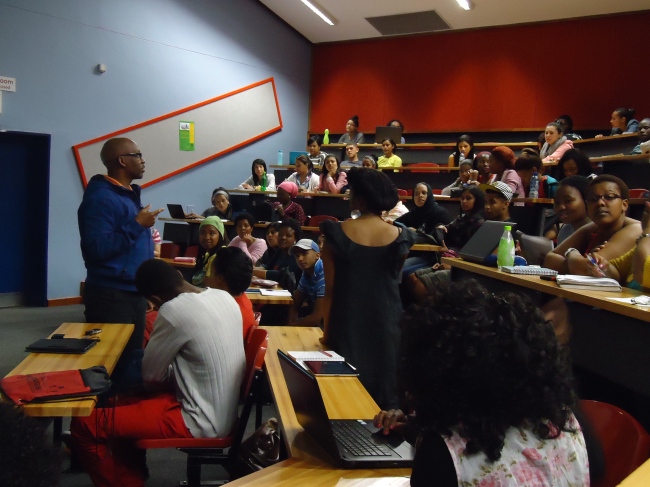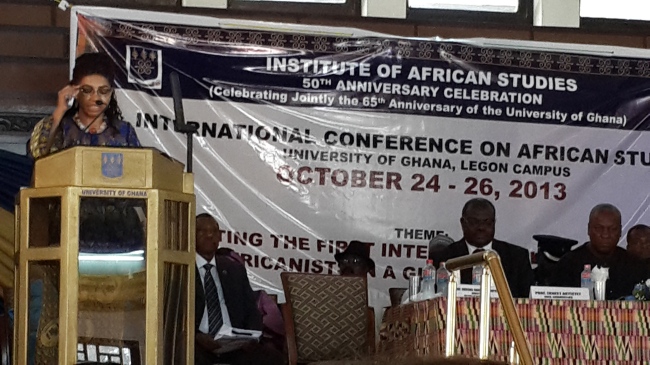biology is not destiny – men are just as capable as women of being fully human
March 28, 2014 Leave a comment
South African men’s lives have changed remarkably little over the last few centuries – according to the bulk of my undergraduate students. Such an understanding seems common knowledge in the communities from which most of my students are drawn. Since time immemorial, the dominant narrative goes, South African men have ‘always’ been breadwinning heads of heterosexual households. While sociopolitical and economic contexts have changed, patriarchal relationships between men, wives and children have, in this view, remained pretty constant.
In contrast my students imagine women’s lives to have changed dramatically . Racialised and racist processes of colonialism, imperialism, industrialization, urbanization etc created a diverse array of opportunities for women. My students draw attention to women’s increased access to education – even tertiary education and to women’s access to paid work – even careers – outside the home. My students note that nowadays many women are not economically dependent on men, and that, in theory at least, women control their own fertility. While a few always note that, if women’s lives have changed so dramatically then men’s lives must have changed too, the dominant understanding of masculinity is of something fixed and static across time and space, emerging quite simply, out of an (unruly) body part. In this view biology is destiny – at least for men.
Femininity, in contrast, is understood as responsive to contextual shifts, as a socially produced artifact – as gender. Masculinity is then positioned in opposition to this, as an authentic expression of nature/biology (rather than culture), that has little or nothing to do with gender. But seeing biology as destiny denies men the opportunities to reach the potential of their full humanity. It also precludes the possibility of change in the future. This has to be a major concern for all of us living in a country in which every single man, woman and child’s opportunities and potentials are regularly and seriously compromised (and even ended) by the men with whom we share our lives.
If, on the other hand, we see masculinity as something that has changed dramatically in the past, then the possibilities for the future are much more positive. And, as history shows, the ways in which particular societies expect men to behave has changed enormously. What counts as a ‘real’ man is contextually and historically specific. In ancient Greece high status men were expected to enjoy same sex relations with younger men as well as their wives. In early modern Europe men were intimately involved in child care to the extent that they could be seen as the primary parent. Once a child was weaned it would be turned over to its father – boys in particular – as it ‘took a man to raise a man’. In the USA it was only in the early 20th century that the child care articles in newspapers and magazines took the innovative step of relocating to the women’s pages. There is little that is novel in contemporary trends (sometimes described as the ‘new’ man) towards hands on fathering.
‘Breadwinner’ is also a relatively recent masculine construct. To cut a long and complex story very short, the concept or identity of the male ‘breadwinner’ emerged through centuries of change in Europe, out of communities in which agrarian production was men’s work, through processes of industrialization and the emergence of a middle class whose defining feature was the home based wife and mother: As more and more women became housewives so more and more men became breadwinners.
Closer to home there’s little evidence to suggest that most men in Africa have ever understood themselves as ‘breadwinners’, despite ‘developmental’ change predicated on the colonial imports of the male ‘breadwinner’ and female ‘housewife’ that saw men’s access to and control over land substantially increased. In Africa these changes saw food production fall – precisely because it was (and remains) primarily women’s work. Despite what can be described as ‘affirmative action’ for men in terms of enhanced access to agrarian resources, traditional gender dynamics have combined with poverty and global inequalities to mitigate against the emergence of the identities of both ‘breadwinner’ and ‘housewife’ on any substantial scale in the global South. In South Africa apartheid and male migrancy further compromised the development of these roles.
Across the world history demonstrates how the fluidity and flexibility of what ‘real’ men should (and shouldn’t) do undermines claims that men have ‘always’ been this or that. And yet the myth of a timeless masculinity that somehow exists outside history and culture endures. But biology is not destiny – men are just as capable as women of being fully human.
This post first appeared in thoughtleader.co.za



